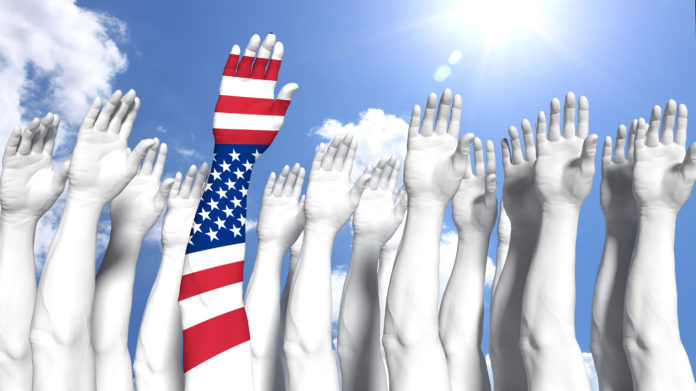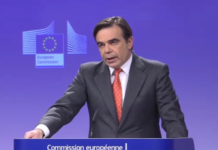President Trump’s America First policy has had an adverse effect on the international community. His policies which have included penalties for companies that manufacture goods abroad that are meant for the American market. Last year during the G20 summit the member financial ministers vowed: “to resist all forms protectionism.”
However, the election of Donald Trump in 2016 has brought about challenges to the Anti-protectionist fight. For decades there has been an agreement that globalization brought about more jobs, higher wages and lower prices – not just for richer countries but also for developing and poorer nations.
There has been a growing movement of angst as people see jobs being taken by machines, old industries disappearing and waves of migration disturbing the established order. President Trump’s election was brought about by his promise to put America first and his executive order pulling America out of the Transpacific partnership plays right into his electorate. Signifying that Presidents Trump’s administration has taken office, and is aggressively pursuing an “America First” policy.
The flatlining of economic growth has increased pressure on politicians.
“Governments across the world are enacting protectionist policies often masquerading as ‘industrial policy,” according to Prof Evenett.
Secretary Steve Mnuchin who spoke after the meeting ended, US Treasury Secretary Mnuchin said he would not read too much into his country’s desire to change the language behind the communique, as “what was in the past” releases was “not relevant.”
Mr. Mnuchin added he had been “very clear that we do believe in free trade, but we believe in balanced trade.”
French Finance Minister Michel Sapin said. “I regret that our discussions today were unable to reach a satisfying conclusion on two essential priorities that our world and which France would have liked to see the G20 continue to take firm and concerted action on.”
However, the discussions did include pledges on a determination to fight tax avoidance, clamp down on terrorist financing and strengthen private investment in Africa.
The first annual meeting of the G20 got under way at Baden-Baden a German resort, with a reassurance from the US Treasury secretary Mnuchin that the White House was not interested in instigating international trade wars.
The combined efforts by Germany, and the nascent free-trade champions China, it was thought, would help temper some of Washington’s threats to impose punishing border tariffs and renegotiating long-standing trade agreements.
Days later, the communication which was approved by all the assembled finance ministers was published without a commitment to bolster free trade and dropped a pledge to “resist all forms of protectionism” from the previous year’s document.
German Finance Minister Wolfgang Schauble said that the meeting had reached an impasse when it came to the issue, and added that his counterparts could not “force partners” – that is the United States – “to go along with wording with which they don’t agree.”
Mr. Schauble insisted that there had was “a lot of goodwill” at the meeting, but whether that goodwill would extend to the future trade relationship with the world’s largest economy is now very much in doubt.




